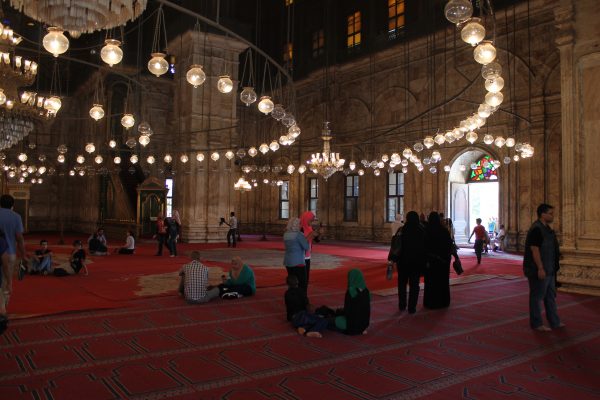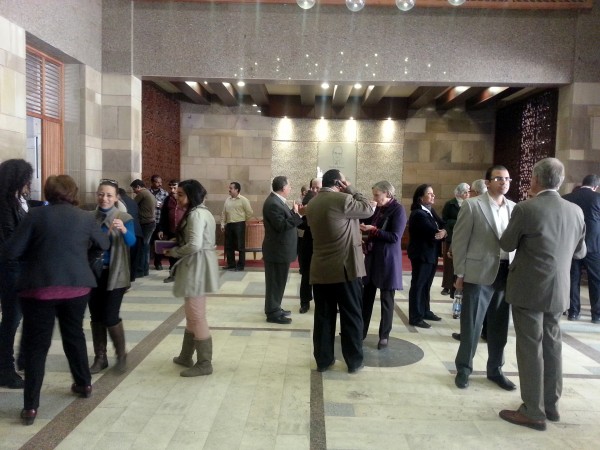Are Female Preachers a Move Towards Greater Gender Equality in Egypt?

By: Danah Al Ansari and Doaa Abdelghany
@Dootsie5 @DanaAlAnsari
The Ministry of Religious Endowments recently announced its decision to appoint 144 female preachers in the women’s sections of mosques across Egypt.
The decision came following Egyptian President Abdel Fatah El-Sisi’s proclamation that 2017 is the year of the woman.
“This decision is extremely important because the role of the woman in society is growing and is beginning to receive more national attention,” Taher Abu Zaid, member of parliament on the religious affairs committee, told The Caravan.
El-Sisi has also told state media that there will be increased attention on religious reform over the course of the year.
The female preachers will be comprised of Al-Azhar graduates and will undergo rigorous religious training, concentrating mostly on recitation and knowledge of Islamic jurisprudence.
This will ensure that female preachers will have received the same training as their male counterparts.
“Equality between men and women in all levels of society, even in religious matters, is hugely important. The decision to appoint female preachers to mosques is quite normal in this regard,” El-Sisi said.
Although the decision has not been discussed in parliament yet, the appearance of female preachers is not necessarily a new phenomenon.
“This has been the case for some time now, but this marks the first time female preachers receive official recognition from the government,” a spokesperson from the Al- Azhar Global Center for Monitoring and Fatwas told The Caravan.
However, there still remains a difference between those appointed by the Ministry of Religious Endowments and those who volunteer from Al- Azhar.
Those appointed by the Ministry can only deliver sermons in their allocated mosques, whereas those from Al-Azhar may preach in several mosques, in religious centers and schools as well.
“This should not even be a question, because this is normal and especially given that there will be matters women will not feel comfortable asking male preachers,” Sheikh Mohamed El-Sayed, Al-Azhar graduate and imam in Anas Ibn Malek mosque in Giza, told The Caravan.
Reaction to the official recognition given to female preachers has resonated well within Egyptian society, including from those within the religious establishments.
“I think mosques will now experience a much larger flow of women who cannot attend private lessons,” said a private religious instructor, Karima Mohamed.
Others, meanwhile, remain concerned about the consistency of the message of the sermons.
Mohamed Tarek, engineering junior, does not think that there necessarily should be a difference between the sermons delivered by male and female preachers.
Many still believe that this is a positive step towards ensuring a greater public role for women in Egypt.


